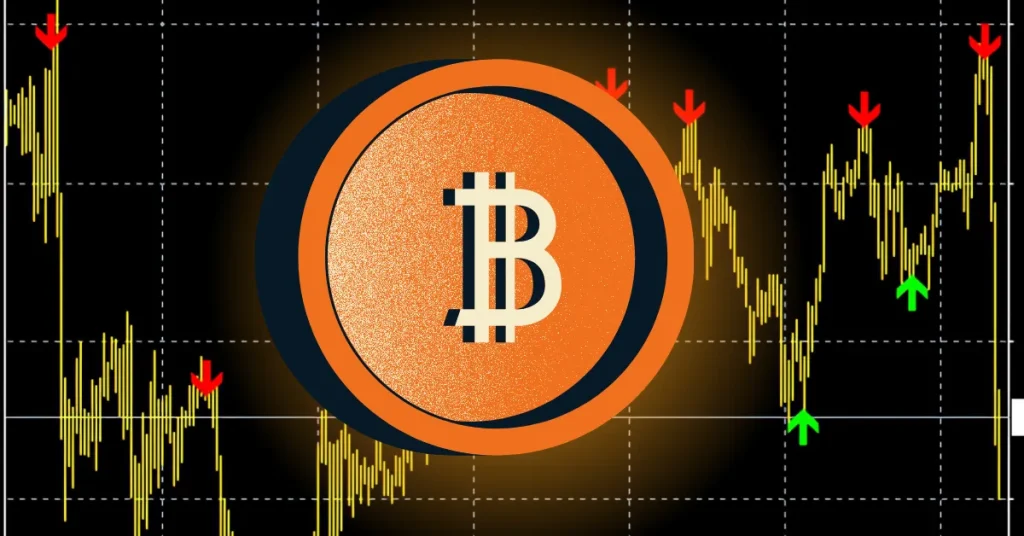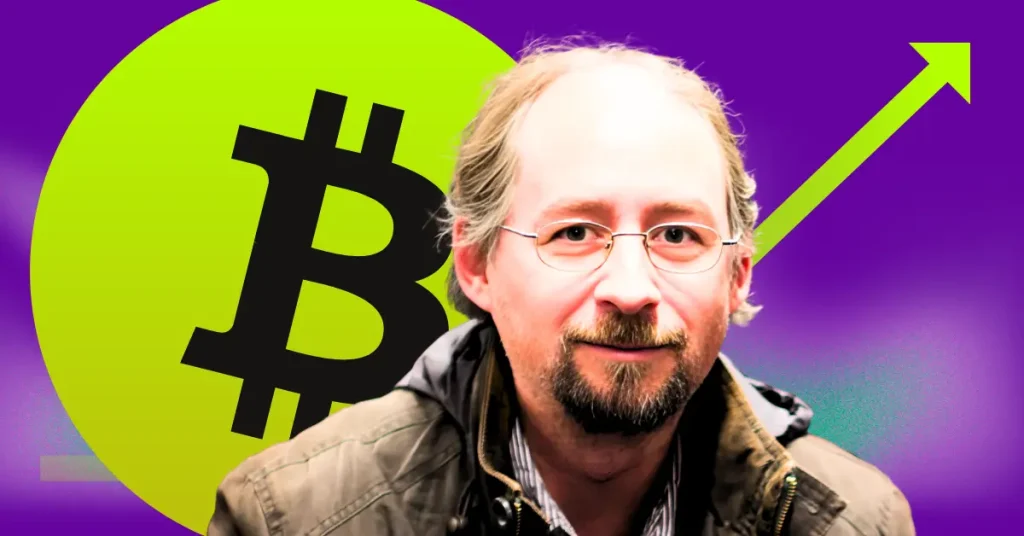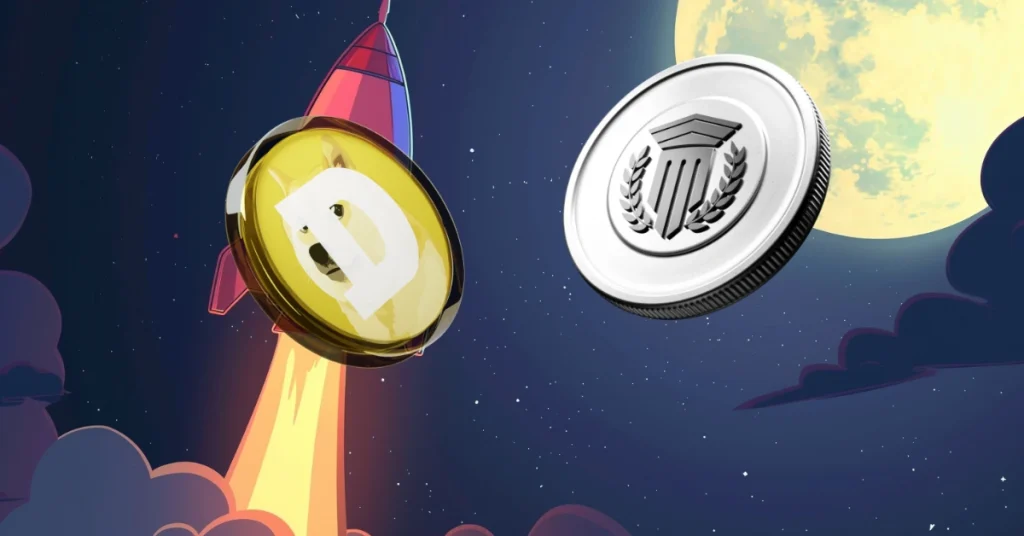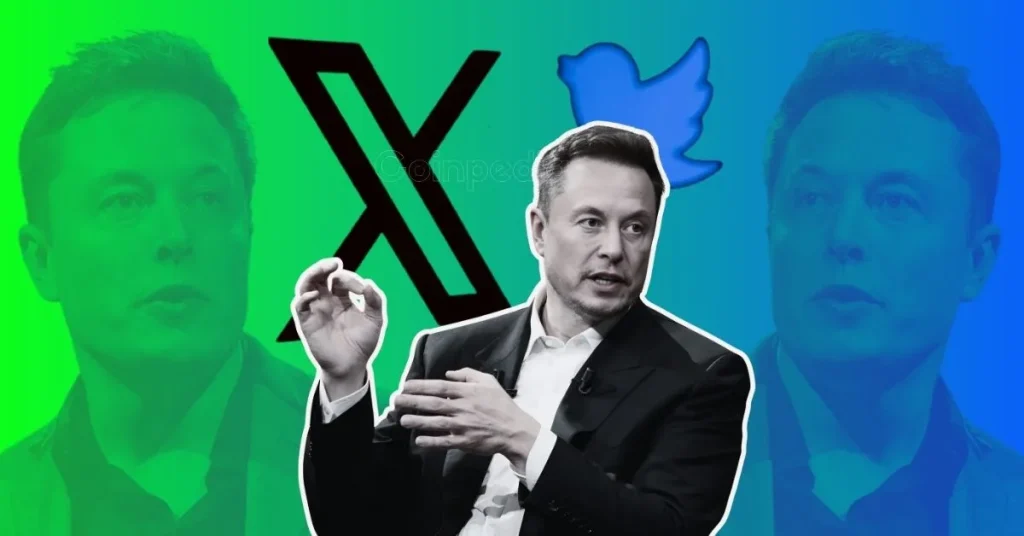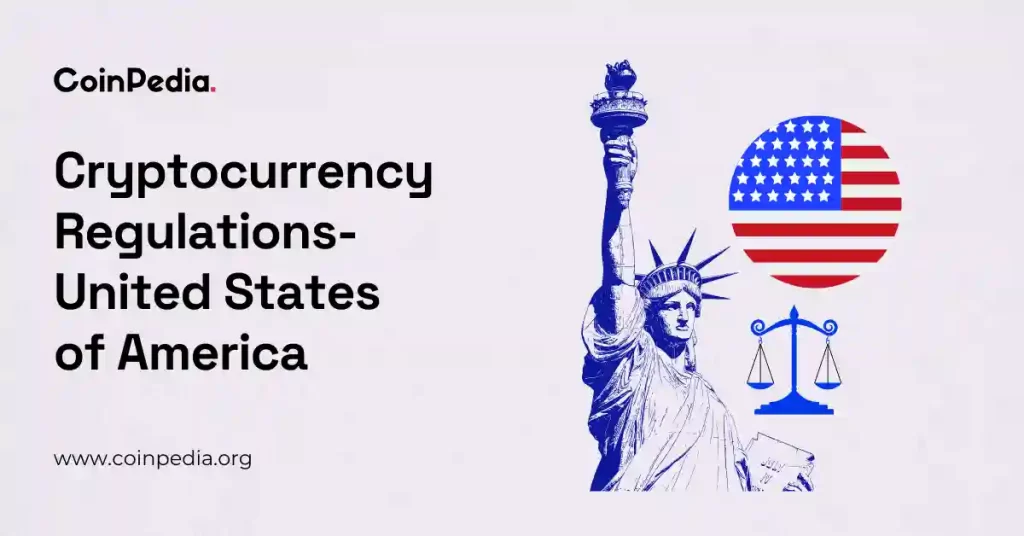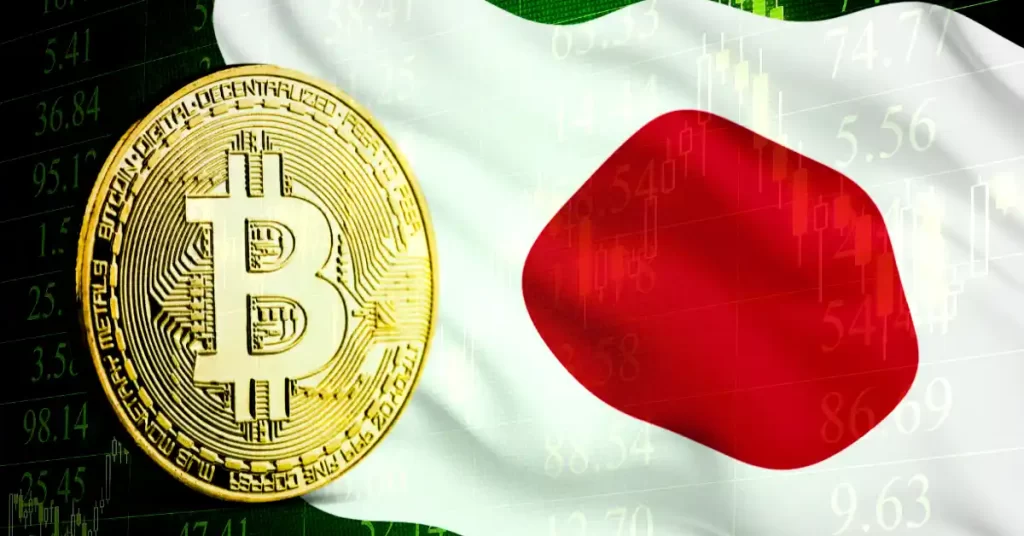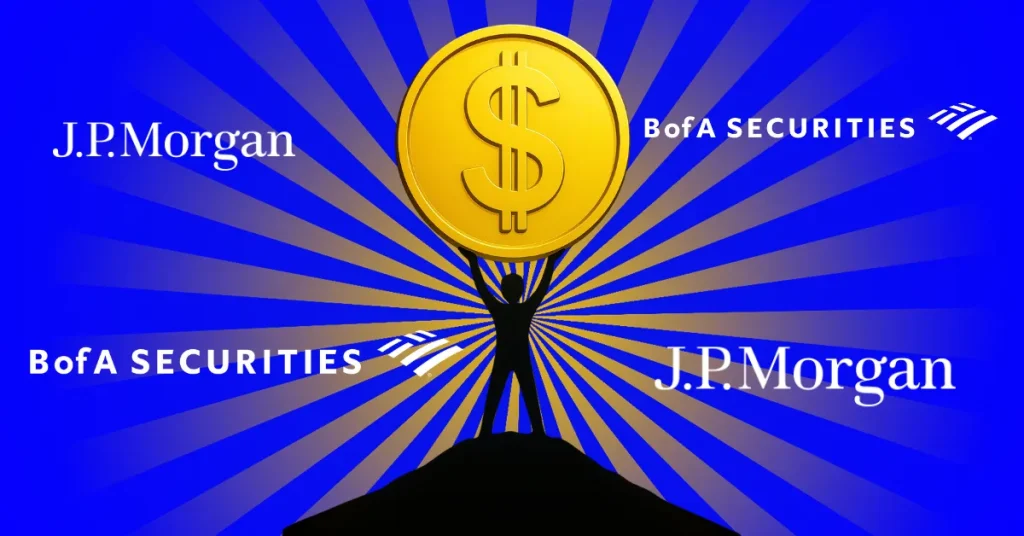The European Union could be playing a dangerous game with Tether, the world’s largest stablecoin, and it looks less like financial regulation and more like a calculated political jab. Under the new Markets in Crypto-Assets (MiCA) rules , set to take full effect tomorrow, the EU has made it crystal clear that Tether’s $102 billion worth of U.S. Treasuries aren’t good enough for their taste. Instead, they’re demanding that stablecoin issuers back their tokens with at least 60% reserves held in fiat within EU-regulated banks. If that isn’t a loud and flashy rejection of American financial dominance, what is? MiCA rules: Control disguised as compliance MiCA’s framework claims to be about safety, security, and trust. Stablecoin issuers need to jump through hoops like obtaining licenses, ensuring reserves match tokens, and complying with consumer protection measures. All fair enough, right? Except this isn’t about fair play—it’s about control. Let’s be real. By ignoring Tether’s U.S. Treasuries as valid collateral, the EU is effectively saying it doesn’t trust the backbone of the American financial system. Those Treasuries represent some of the most stable assets in the world. But no, the EU wants euros, and it wants them in its banks. It’s not hard to see the politics at play here. Tether hasn’t been officially labeled non-compliant—yet. But with no clear guidance, exchanges like Coinbase are already delisting USDT in anticipation. Binance and Crypto.com are holding out for now, but we all know now that the clock is ticking. If Tether can’t meet these requirements fast, its removal from European platforms could be devastating for crypto liquidity. The EU’s quiet rebellion By demanding a 60% reserve in EU fiat held within its borders, the bloc is effectively rejecting U.S. debt as a trustworthy backing. This is about moving the balance of power. The EU has been desperate to carve out a bigger slice of the global financial system for years, and stablecoins are their latest target. The implications are massive. If Tether decides the cost of compliance is too high and exits the EU market, other stablecoin issuers will likely face the same choice. USDC, for instance, might have gotten ahead of the curve by securing compliance, but it’s no secret that similar regulations could follow elsewhere. Without USDT, liquidity fragmentation becomes a real problem. Markets will slow down, fees will rise, and efficiency will take a hit. The irony? The EU’s power play would backfire spectacularly. By pushing USDT out, they’re also risking their own relevance in the global crypto market. The U.S., under the crypto-friendly Trump administration, is about to become a haven for innovation, pulling talent and capital away from Europe. If that happens, the EU might have won the battle but it’d have lost the war.



